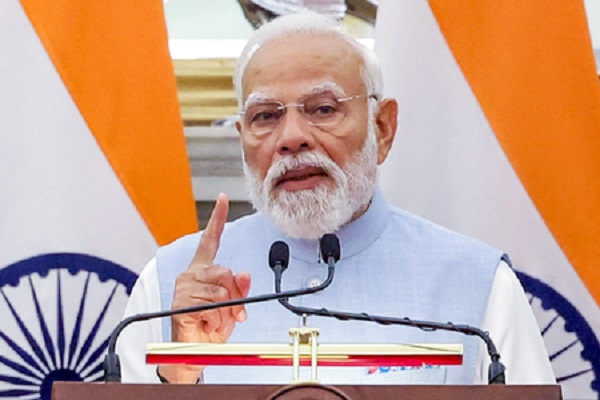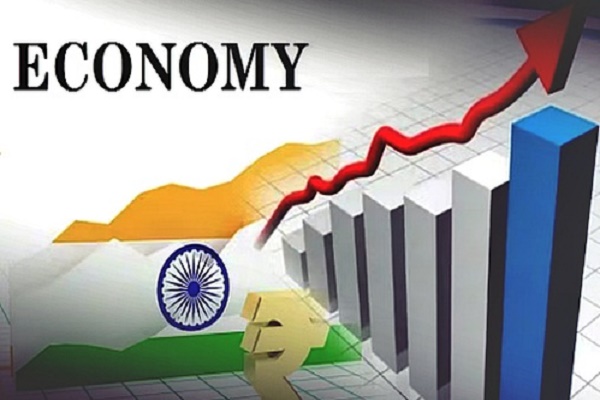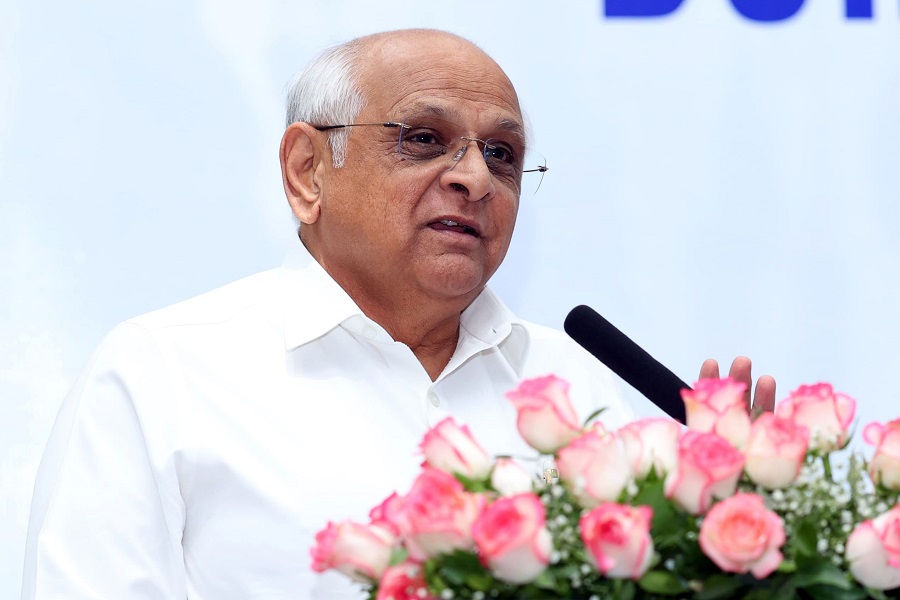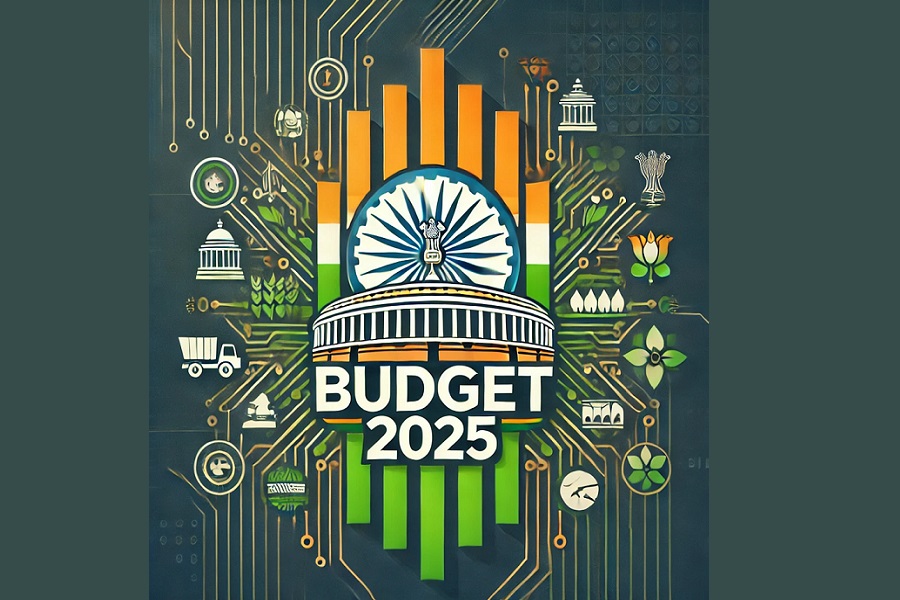Technology and AI: Driving Digital Transformation with Union Budget 2025-26

The Union Budget 2025-26 has laid out a transformative roadmap for technological advancements, reinforcing India’s commitment to becoming a global leader in the digital and AI-driven economy. By focusing on cutting-edge fields like Artificial Intelligence (AI), semiconductor manufacturing, and digital infrastructure, the government is introducing bold initiatives aimed at fostering innovation, creating jobs, and securing India’s position in the rapidly evolving global tech landscape.
With the ongoing global digital transformation, India recognizes the importance of embracing new technologies to build a future-ready workforce and infrastructure. The budget’s strategic approach will ensure that India does not just participate in the global technology race but leads it, becoming a powerhouse of innovation, manufacturing, and digital excellence.
Key Budget Announcements
?10,000 crore AI Skilling and Research Fund: Aimed at enhancing expertise in AI, cybersecurity, robotics, and related fields, this fund will provide financial backing to institutions, research bodies, and skill development centers. India’s vast talent pool in AI is expected to grow exponentially, making the country a hub for AI talent globally.
Tax incentives for deep-tech startups: The budget introduces new tax relief measures for startups focused on deep-tech innovations, including quantum computing, blockchain, and AI-driven automation. These tax incentives will lower the cost of research and innovation, driving more private investment into the AI and tech sectors.
Expansion of Digital Public Infrastructure (DPI): A significant push has been given to DPI, particularly in fintech, healthcare, and smart cities. The government aims to build a robust digital framework that will serve as the backbone for digital solutions, improving access to financial services, healthcare, and creating smarter urban ecosystems.
Production-linked incentives (PLI) for semiconductor manufacturing: In a bid to make India self-reliant in chip production, the PLI scheme will support semiconductor manufacturers to set up and expand operations in India. This initiative is expected to help India reduce its reliance on imports, boost local manufacturing, and create thousands of jobs in the process.
Sectoral Impact
Growth of AI-based startups and research institutions: With the government’s strategic push, India is set to become a major player in global AI innovation. The rise of AI-based startups and research institutions will create a ripple effect, driving new advancements in areas like autonomous systems, machine learning, and natural language processing.
The focus on AI research will not only enhance India’s tech capabilities but also result in the creation of a highly skilled workforce in areas like data analytics, machine learning, and robotic process automation. This will prepare India to compete at the cutting edge of technological advancement.
Increased employment opportunities in data science, software development, and AI-driven automation: As AI technology becomes more integrated into India’s economy, there will be a surge in job creation in high-demand fields. Data scientists, AI developers, and software engineers will be in high demand, paving the way for new career opportunities across industries such as manufacturing, finance, healthcare, and e-commerce.
AI-driven automation is set to revolutionize sectors like manufacturing, agriculture, and logistics, creating new roles in automation management, system integration, and AI model development.
Stronger global competitiveness in semiconductor and electronics manufacturing: India’s push to become a self-reliant hub for semiconductor manufacturing will reduce the country’s reliance on imports and make it a global leader in chip production. The PLI scheme for semiconductor manufacturing is expected to create a competitive edge for Indian manufacturers in a high-growth market.
As global demand for chips increases, particularly in electronics, automotive, and consumer devices, India’s local chip industry will be poised to supply critical components for the global market, reducing vulnerability to supply chain disruptions and enhancing India’s economic security.
Future Outlook
The Union Budget 2025-26 is a clear signal that the government is fully committed to making India a global tech leader, with AI, digital infrastructure, and semiconductor manufacturing taking center stage. By prioritizing research, innovation, and skill development, India is positioning itself as a hub for high-tech industries, not just for consumption but also for the global export of innovative products and services.
As India’s digital economy accelerates, these initiatives will not only create high-value jobs but will also stimulate long-term growth across various sectors. The AI research and skilling programs are expected to produce a highly qualified workforce, driving India’s digital transformation while boosting the global economy with made-in-India solutions.
A New Era for Startups and Digital Innovation
India’s startup ecosystem will benefit immensely from the combination of funding, policy incentives, and a growing talent pool. The government's increased focus on fostering deep-tech startups, particularly those in AI, quantum computing, and blockchain, will make India a top destination for investment in emerging technologies.
Furthermore, the expansion of DPI will help bridge the gap between urban and rural India, allowing citizens in underserved areas access to fintech services, telemedicine, and other digital services that are quickly becoming necessities in the modern world. By empowering small businesses, farmers, and individuals with digital tools, India is setting the stage for a digital revolution that is both inclusive and transformative.
Conclusion: Empowering India’s Digital Future
The Union Budget 2025-26 has set the stage for a technology-driven economy that will serve as a model for other nations. By prioritizing AI research, digital infrastructure, and semiconductor manufacturing, India is taking proactive steps to secure its position as a global leader in technology. These policies will not only create a more robust and competitive economy but will also open up countless opportunities for individuals to acquire cutting-edge skills and contribute to a digitally empowered nation.
With strong government backing, strategic investments, and a focus on innovation, India’s technology sector is poised to lead the next wave of global advancements, driving job creation, economic growth, and digital transformation.
























